News from Around the World
| Media | Title | Date/Source |
|---|---|---|
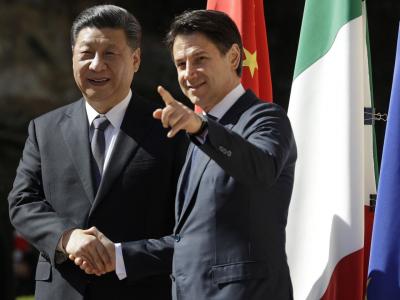
|
Italy Signs Up to China’s Global Infrastructure Plan Despite U.S. IreROME—Italy and China signed an agreement to cooperate on Beijing’s global infrastructure plan, the Belt and Road Initiative, sealing an accord that has alarmed Italy’s U.S. and European allies. |
Sun, Mar 24, 2019
|
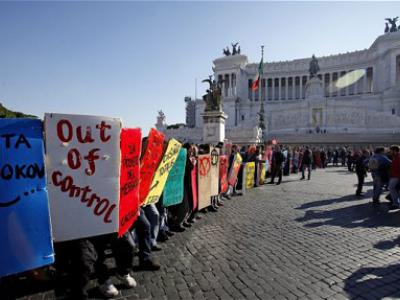
|
Italy Suffers Recession Alone in Economic, Political IsolationItaly’s recession at the end of 2018 was almost unprecedented among the euro area’s major members and provided further evidence of the self-inflicted damage to the economy. |
Fri, Feb 22, 2019 |
Japan Ratifies US Trade Deal in Record TimeJapan’s Diet has pushed through a US trade deal in record time, showing how Tokyo hopes to dodge any trade war by co-operating with US President Donald Trump’s demands. The upper house completed ratification of the deal — which will slash Japanese tariffs on US beef — 10 weeks after it was first agreed and less than nine months since the start of negotiations. With no ratification needed in the US, the deal is set to come into effect on January 1. |
Wed, Dec 4, 2019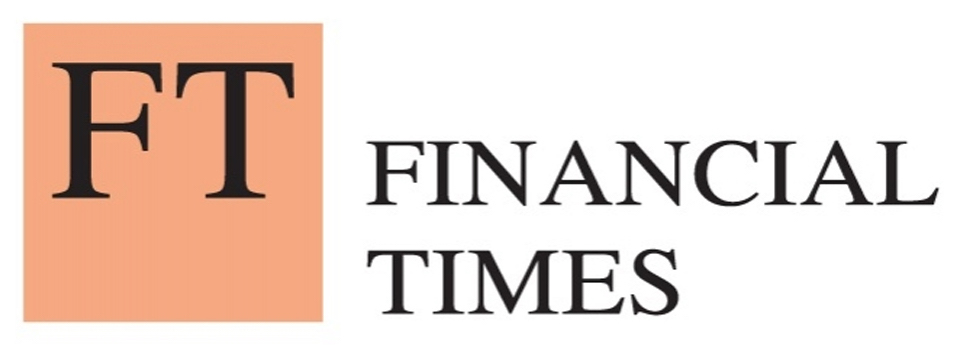
|
|
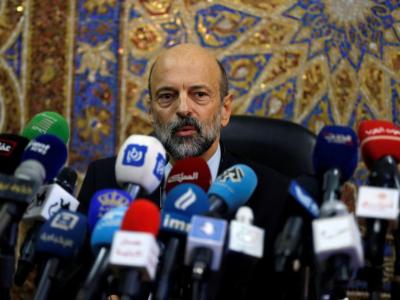
|
Jordan's Parliament Passes IMF-backed Tax Law to Reduce Public DebtAMMAN (Reuters) - Jordan’s parliament approved a new IMF-backed tax law on Sunday after introducing some changes in a move to push ahead with crucial fiscal reforms to lower record public debt needed to get the economy hit by regional conflict back on track. A majority of deputies in the chamber approved a series of amendments in the 36-article bill that included raising family exemptions to mitigate its impact on middle class income earners. |
Mon, Nov 19, 2018
|
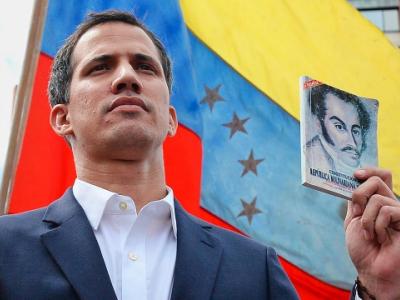
|
Juan Guaidó wins diplomatic recognition as Venezuela’s presidentThe crowd urged him on. “Swear in! Swear in!” they chanted. And then he did. Juan Guaidó, the gangly 35-year-old politician—unknown to most Venezuelans a month ago—raised his right hand and declared himself acting president of the republic. Tens of thousands of people, gathered in Caracas on January 23rd as part of a national demonstration against the disastrous regime of Nicolás Maduro, now deemed a usurper, let out a raucous cheer. |
Thu, Jan 24, 2019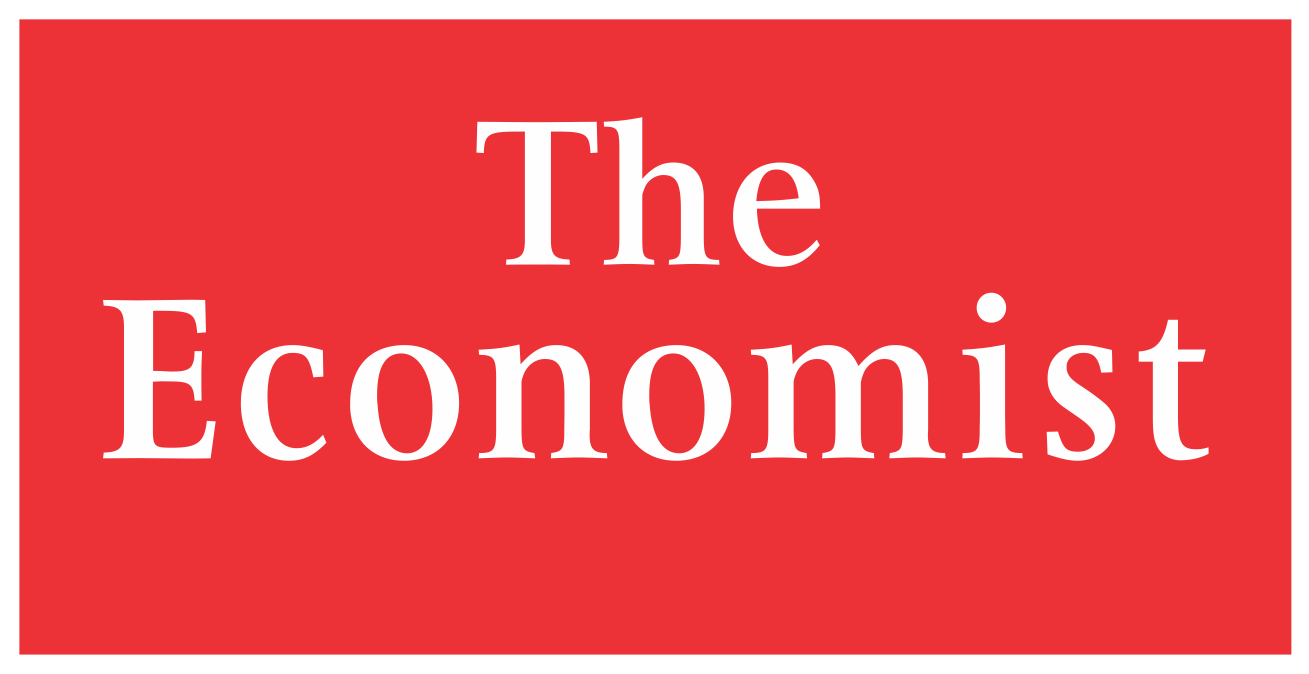
|
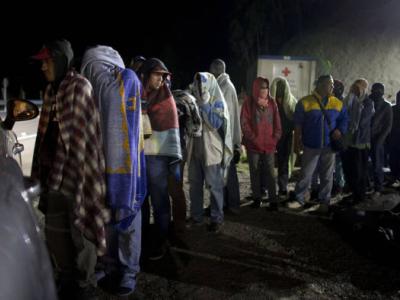
|
Latin America: the year that was and the year to comeThis is the last LatAm Viva of the year — and what a year it has been. From all-change in the Brazilian and Mexican presidential elections, to the IMF’s biggest-ever bailout package in Argentina or Latin America’s worst refugee crisis in Venezuela. The word “tumultuous” hardly does the year justice. What might 2019 hold? Standing at its eve, I’m anticipating: ● More smoke than fire in Brazil as President Jair Bolsonaro struggles to manage Congress and his programme falls short of many investors’ high expectations |
Fri, Dec 21, 2018
|
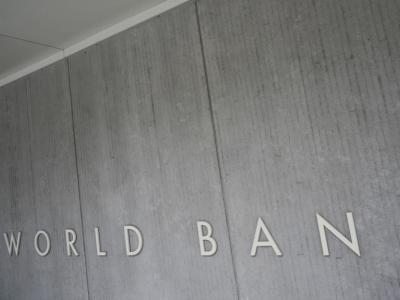
|
Lebanon Nominates Challenger to Trump's Choice to Lead World BankWASHINGTON — Lebanon has nominated investment banker Ziad Hayek as a candidate for president of the World Bank, mounting the first challenge to U.S. President Donald Trump's choice to lead the development lender, Hayek said in a Twitter post on Tuesday. |
Tue, Feb 19, 2019
|
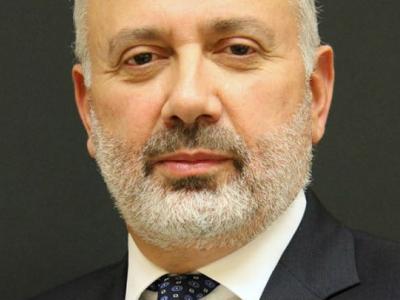
|
Lebanon withdraws World Bank nominee under pressureWASHINGTON — Lebanon has withdrawn its nomination of Ziad Hayek to be the next World Bank president. Hayek told Devex the Lebanese government made its decision because of “pressure” from other governments. |
Mon, Mar 4, 2019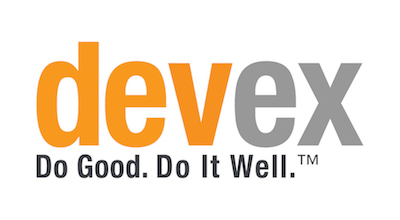
|

|
Look at Issuing Digital Currency, IMF Head Tells Central BanksCentral banks should look seriously at issuing digital currency in order to “fill the void left by the decline of cash”, according to the head of the IMF. Christine Lagarde said in Singapore on Wednesday that there could be a role for the state to supply money to the digital economy to aid financial inclusion and avoid a situation where “too much power could fall into the hands of a small number of outsized private payment providers”. |
Wed, Nov 14, 2018
|
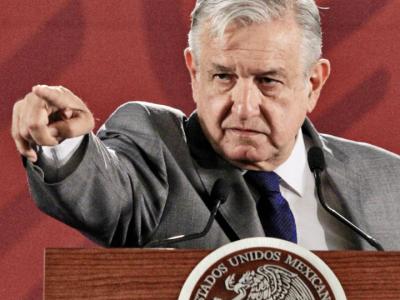
|
López Obrador takes on Mexico’s institutionsStanding beside a sugar cane farmer who uses a wooden, horse-drawn press to squeeze juice into a plastic bucket, Mexican President Andrés Manuel López Obrador gave a demonstration of his economic world view. On a visit to La Huasteca last week, near the Bajío region that is Mexico’s high-tech manufacturing powerhouse, the leftwing nationalist president — who prides himself on not having a checking account or credit card — extolled the virtues of artisanal microbusinesses that he said were “as or more important” in terms of job creation and development than big business. |
Tue, Jul 30, 2019
|
